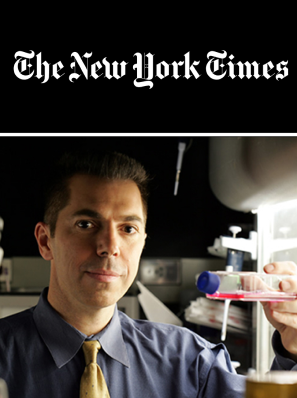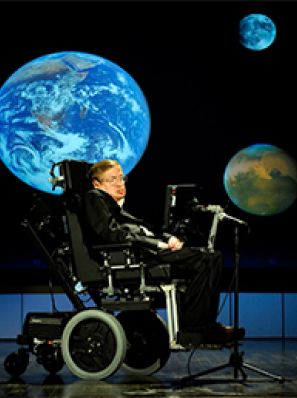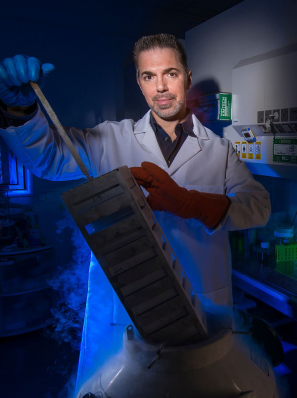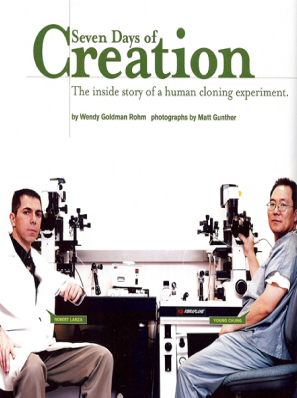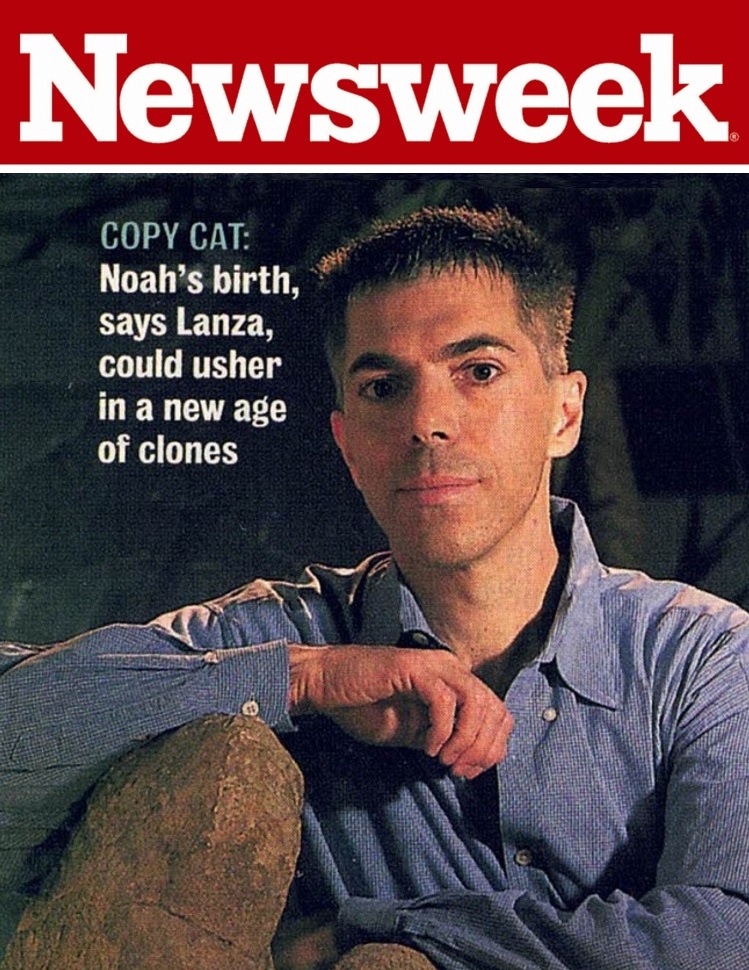Robert Lanza and Kwang-Soo Kim of Harvard University have won a National Institutes of Health (NIH) Director’s Opportunity Award for research in “Translating Basic Science Discoveries into New and Better Treatments” under the American Recovery & Reinvestment Act of 2009.
September 22, 2010, MARLBOROUGH, MA – (PR Newswire) Advanced Cell Technology, Inc. (“ACTâ€; OTCBB: ACTC) announced today that the company’s Chief Scientific Officer, Robert Lanza, MD, and Kwang-Soo Kim, PhD, of Harvard University and McLean Hospital, have won a National Institutes of Health (NIH) Director’s Opportunity Award for research in “Translating Basic Science Discoveries into New and Better Treatments†under the American Recovery & Reinvestment Act of 2009. The NIH Award provides McLean Hospital and ACT’s joint venture with CHA Biotech, Stem Cell & Regenerative Medicine International (SCRMI), $1.9 million to explore the potential of protein-induced pluripotent stem (iPS) cells as a source of universal red blood cells and platelets for transfusion.
The research, which will include a team led by Shi-Jiang Lu, PhD, MPH, Senior Director at SCRMI, aims to establish and characterize clinically viable iPS cells from healthy O Rh-negative (O-) subjects by direct delivery of reprogramming proteins without the use of viruses or foreign-DNA and to explore the potential of iPSC’s as a source of universal red blood cells (RBCs) and platelets for transfusion. The limited supply of RBC and platelets is a serious medical issue that can have potentially life-threatening consequences, especially for patients where multiple transfusions are necessary. The low prevalence of O negative ‘universal donor’ blood type in the general population (<8% in Western countries and <1% in Asia) further intensifies the consequences of blood shortages for emergency situations where blood supply and typing is limited. Human iPS cells offer the possibility to generate a non-controversial source of patient-specific stem cells without destruction of embryos. However, current iPS cells suffer from major drawbacks that may cause unpredictable genetic dysfunction and tumor formation. This award aims to bypass these problems and establish an efficient and safe way of reprogramming adult tissues into stem cells using proteins. It will also address whether they can be expanded indefinitely as an unlimited source of patient-specific and universal donor blood cells and platelets. “We congratulate Drs. Lanza and Kim for receiving this prestigious NIH award,†said William M. Caldwell IV, Chairman and CEO of ACT. “Although iPS cell technology has enormous potential for biomedical research and cell-based therapy, it is still in its early stage and significant obstacles must be overcome in order to realize its full potential. We at ACT have been at the forefront of this technology well before the term ‘iPS’ was even coined, and in particular have been involved in identifying and solving those issues that stand between research and actual therapies. I am confident that Drs. Lanza and Kim will continue to make great strides towards making iPS-derived therapies a reality.â€





